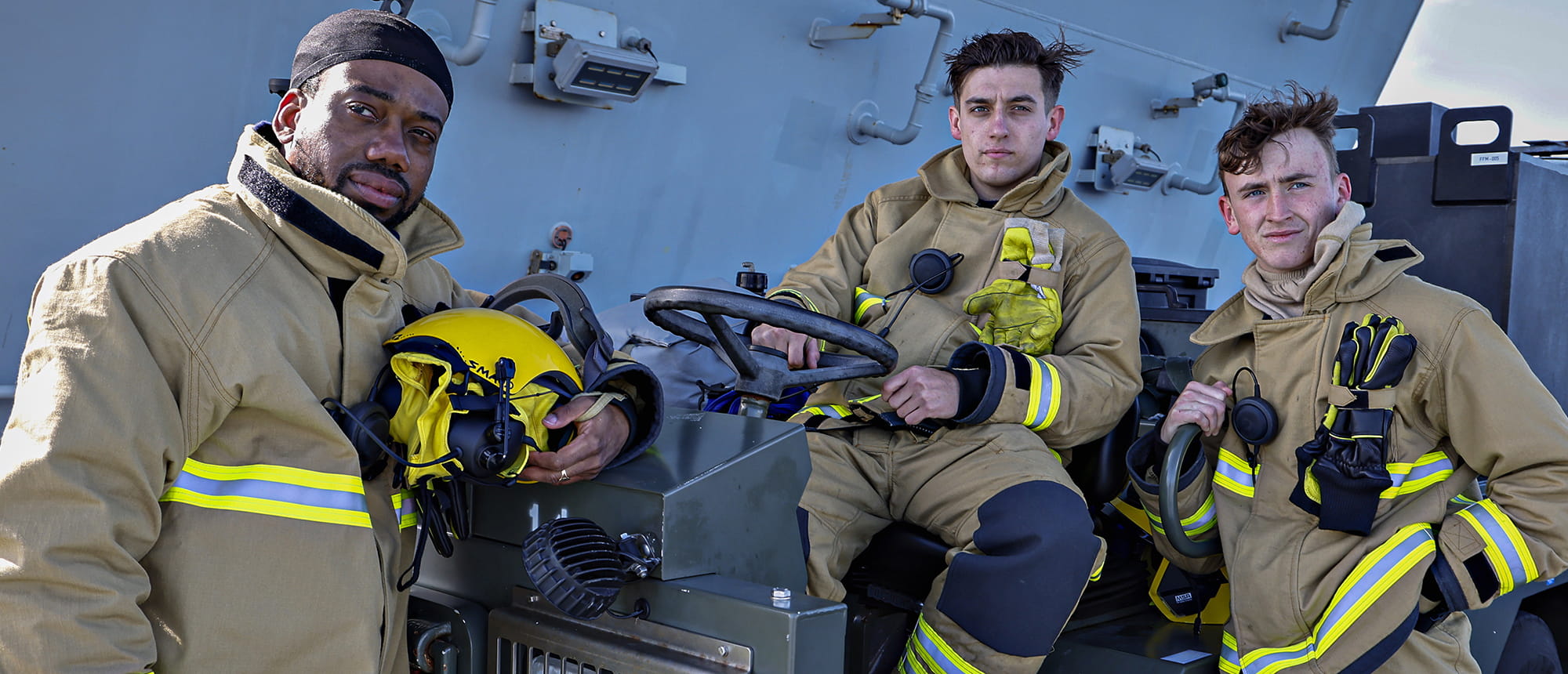Age
You need to be aged 16 or over to join the Royal Navy. If you're under the age of 18, you’ll need the consent of a parent or guardian. You can find out the age requirements for each job by using our Role Finder.
You can join the Royal Navy if you’re aged 16 to 39, dependent on the role you choose. The shortest Royal Navy career is four years. But you can choose to serve up to 22 years and beyond, depending on the needs of the Service.
If you’re too young to apply, you can join the Sea Cadets. This is a great way to develop your leadership and teamwork skills, while gaining a valuable insight into life in the Royal Navy. Find out more about the Sea Cadets.
